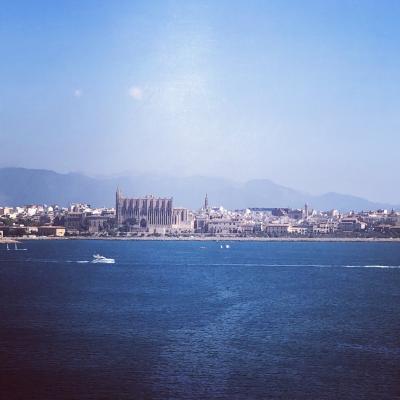What challenges does Palma face in meeting the European Union’s waste management directives?
Similar Topics
palma waste management
eu waste directives
seasonal waste influx
recycling programs palma
advanced waste treatment
waste budget constraints
public waste awareness
island ecosystem protection
Palma, the capital of the Balearic Islands, faces several challenges in aligning its waste management practices with the European Union’s stringent directives. As a popular tourist destination, the city experiences a significant seasonal influx of visitors, which leads to increased waste generation during peak months. This seasonal fluctuation strains the existing waste collection and processing infrastructure, making it difficult to maintain consistent service levels year-round. Additionally, the diverse nature of waste—from packaging materials to organic waste—requires Palma to implement comprehensive sorting and recycling programs that are both efficient and accessible to residents and tourists alike.
Another challenge involves the integration of new technologies and systems to meet the EU’s ambitious recycling and reduction targets. Palma must invest in advanced waste treatment facilities that can process and recycle materials more effectively, while also minimizing landfill use. However, these upgrades require substantial financial resources and long-term planning, which can be hindered by budget constraints and administrative complexities. The city also needs to overcome cultural and behavioral barriers; raising public awareness and encouraging sustainable waste practices among both locals and visitors is essential for achieving compliance with EU standards.
Moreover, Palma must address the environmental sensitivity of its island ecosystem, which demands careful management of waste to avoid pollution and protect natural habitats. The transport and disposal of waste materials pose logistical difficulties given the island’s geographical isolation. Ensuring that hazardous and non-recyclable wastes are safely handled without harming the local environment is a priority under EU legislation, but it complicates waste management operations. Balancing tourism development with stringent environmental regulations requires Palma to implement innovative, sustainable waste management solutions that preserve its natural beauty while meeting regulatory obligations.
Another challenge involves the integration of new technologies and systems to meet the EU’s ambitious recycling and reduction targets. Palma must invest in advanced waste treatment facilities that can process and recycle materials more effectively, while also minimizing landfill use. However, these upgrades require substantial financial resources and long-term planning, which can be hindered by budget constraints and administrative complexities. The city also needs to overcome cultural and behavioral barriers; raising public awareness and encouraging sustainable waste practices among both locals and visitors is essential for achieving compliance with EU standards.
Moreover, Palma must address the environmental sensitivity of its island ecosystem, which demands careful management of waste to avoid pollution and protect natural habitats. The transport and disposal of waste materials pose logistical difficulties given the island’s geographical isolation. Ensuring that hazardous and non-recyclable wastes are safely handled without harming the local environment is a priority under EU legislation, but it complicates waste management operations. Balancing tourism development with stringent environmental regulations requires Palma to implement innovative, sustainable waste management solutions that preserve its natural beauty while meeting regulatory obligations.

